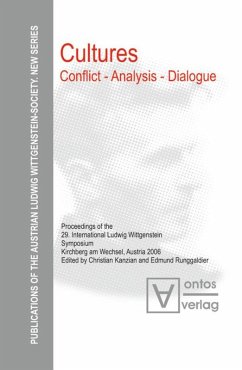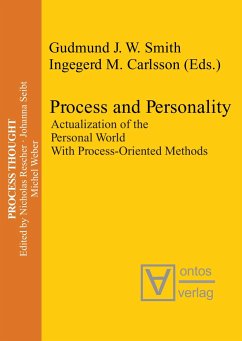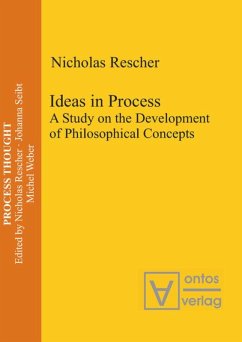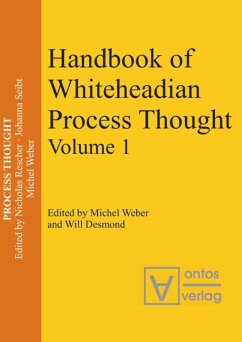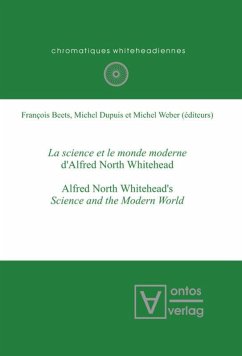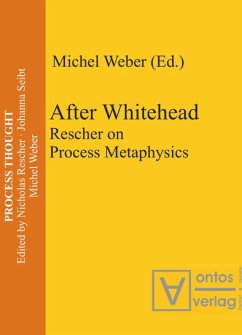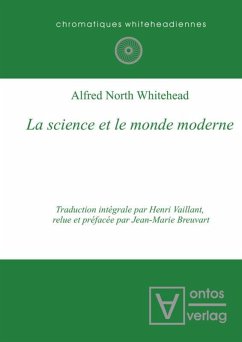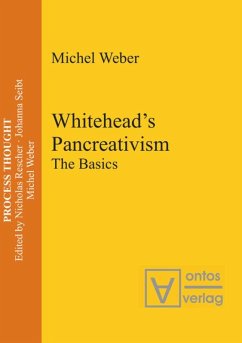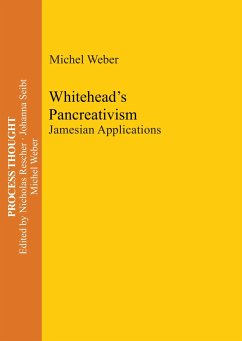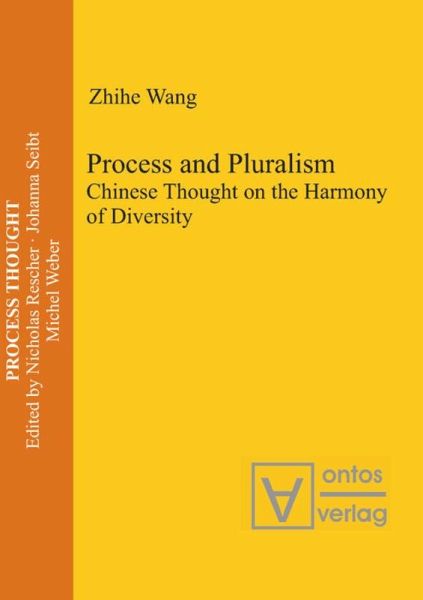
Process and Pluralism
Chinese Thought on the Harmony of Diversity

PAYBACK Punkte
53 °P sammeln!
This book offers a uniquely process relational oriented Chinese approach to inter-religious dialogue called Chinese Harmonism. The key features of Chinese harmonism are peaceful co-existence, mutual transformation, and openness to change. As developed with help from Whiteheadian process thought, Chinese harmonism provides a middle way between particularism and universalism, showing how diversity can exist within unity. Chinese harmonism is open to similarities among religions, but it also emphasizes that differences among religions can be complementary rather than contradictory. Thus Chinese h...
This book offers a uniquely process relational oriented Chinese approach to inter-religious dialogue called Chinese Harmonism. The key features of Chinese harmonism are peaceful co-existence, mutual transformation, and openness to change. As developed with help from Whiteheadian process thought, Chinese harmonism provides a middle way between particularism and universalism, showing how diversity can exist within unity. Chinese harmonism is open to similarities among religions, but it also emphasizes that differences among religions can be complementary rather than contradictory. Thus Chinese harmonism implies an attitude of respect for others and a willingness to learn from others, without reducing the other to one's own identity: that is, to sameness. By emphasizing the possibility of complementariness, a process oriented Chinese harmonism avoids a dichotomy between universalism and particularism represented respectively by John Hick and S. Mark Heim, and will make room for a genuine openness and do justice to the culturally and religiously "other."






